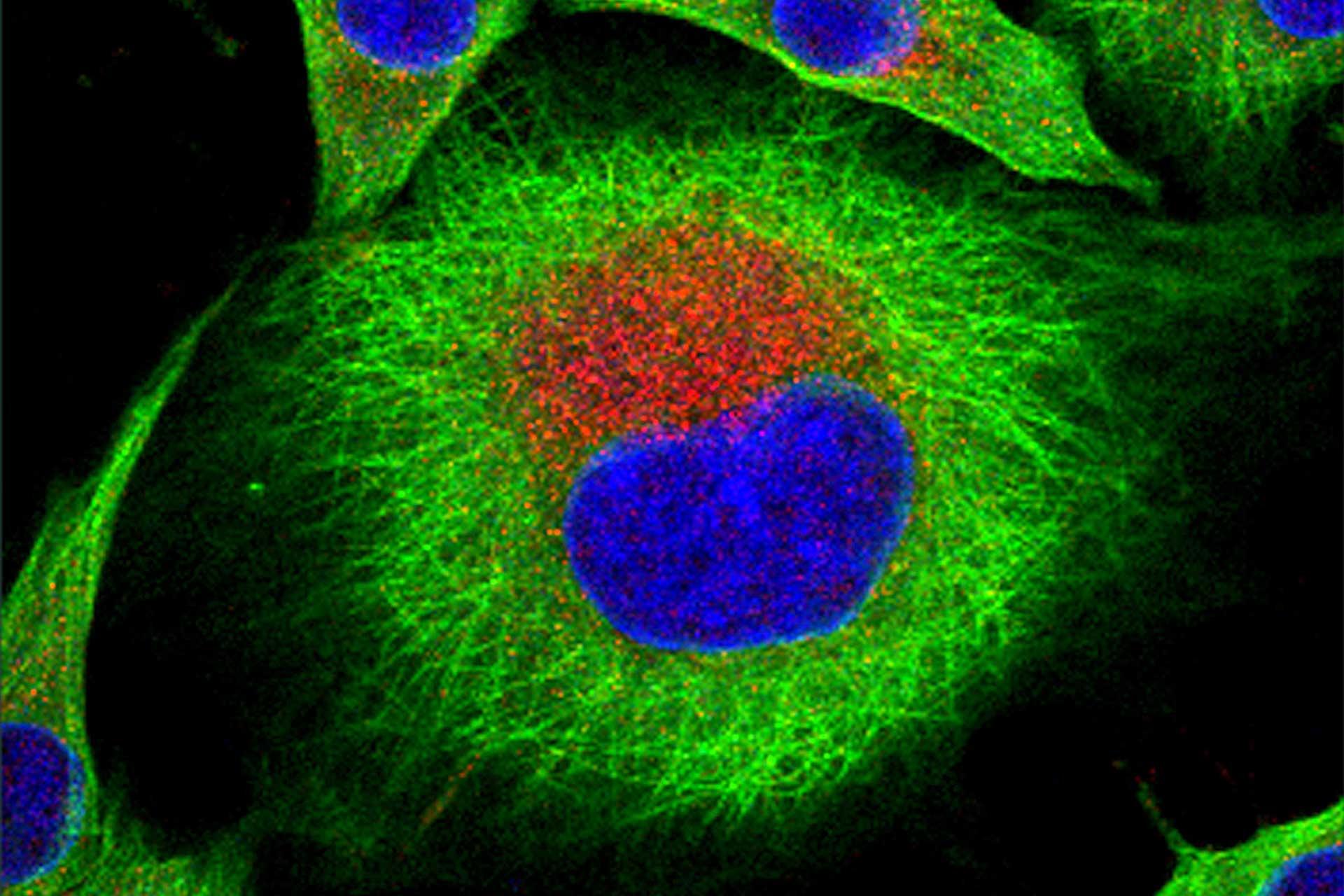Programme Lead: Prof Nicolas Locker
Aim
The Virus Life Cycles at Multiple Scales programme aims to understand how viruses replicate within the infected cell, induce species-specific disease, transmit between hosts, and circulate around the globe.
Approach
This programme will generate groundbreaking insights into high-consequence viruses, engineer attenuated viruses for novel vaccines, and explore viral competition and evolution. Using 'omics, systems, and imaging data, the programme will create in silico models of infected cells, study direct and vector-mediated transmission, and incorporate parameters for epidemiology.
This approach predicts large-scale spread, zoonotic potential, and assesses the impact of climate change on the risk to the UK.
Topics
1. Biology of Virus-Infected Cells
Topic Lead: Prof Nicolas Locker
Studying the mechanisms by which viruses replicate and evolve and evade cellular antiviral responses.
Impact: Targets for gene editing resilient livestock and host-direct therapies; Vaccine development
2. Virus-Host Interactions Controlling Species-Specific Interactions
Topic Lead: Dr Helena Maier
Identifying and understanding the viral determinants of host range and host restriction factors which influence tropism.
Impact: Predicting species jumping and zoonotic potential of livestock and emerging zoonotic viruses
3. Understanding and Predicting Disease Spread
Topic Lead: Dr Naomi Forrester-Soto
Understanding the mechansisms of direct and vector-borne virus transmission. Using viral genotype to phenotype predictions, epidemiology and modelling to predict disease spread.
Impact: Predicting outbreaks, risk analysis, policy advice


